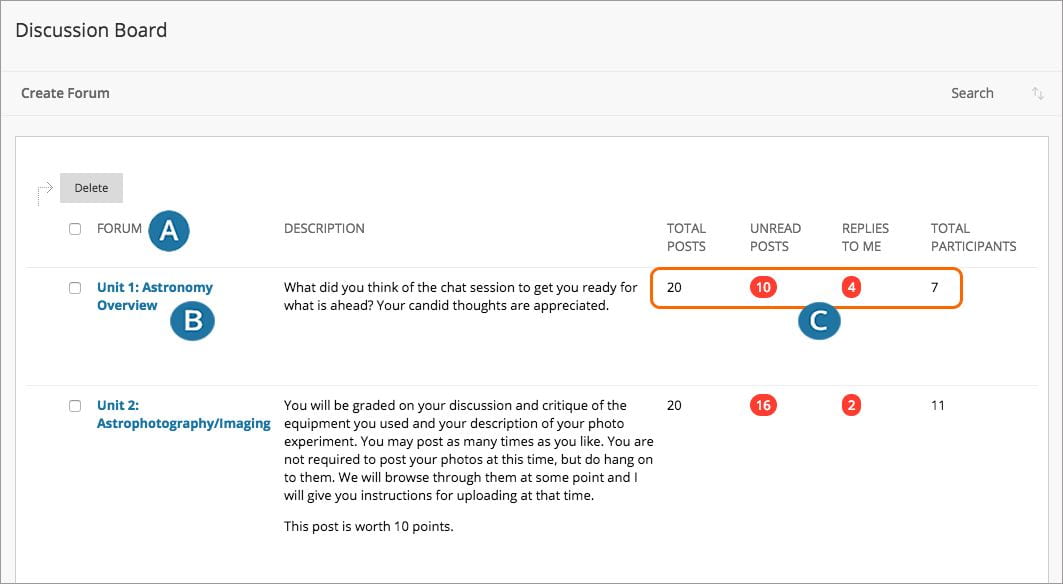Let’s talk about the digital classroom real quick.
In many ways it’s messy—slapped together in a haphazard panic by people fatigued from, among so many other things, a constant need to develop their own digital literacy. Given the broader context, maybe we’re all doing this distance learning thing better than I give us credit for.
But still, I can’t help thinking some of our writing activities are… I don’t know, lacking? And nothing is more lacking than discussion boards.
Let’s get a couple points out of the way first:
- If done right (which, c’mon, how often is this happening?), discussion boards serve several significant purposes. Not least of which is authentic engagement with the class’s material.
- Discussion boards will inevitably follow some of us back to our in-person classes when the time comes.
- Writing is ecological (more on that in a bit). So the way we approach discussion boards matters outside of the discussion board genre.
What are we, students and teachers from all education levels, supposed to do with a failing system despite its huge potential?
I’m not going to pretend that I have the answers. Frankly, that pedagogical thread is far too tangled for my liking. But I do have a thought. Hear me out:
I, for one, love when researchers leverage social media to develop and refine their research questions. Networked participatory scholarship is not without its faults, but it does provide those outside the academic sphere a small opening to an otherwise impenetrable scholars-only club. (For a more nuanced discussion, check out this quick read.)
And that’s where I think Cooper’s ecological model of writing comes into play. She says:
“[A]ll the characteristics of any individual writer or of writing both determine and are determined by the characteristics of all other writers and writings in the system.”
And:
“Writing, thus, is seen to be both constituted by and constitutive of these ever-changing systems, systems through which people relate as complete, social beings, rather than imagining each other as remote images: an author, an audience.”
Learning to communicate on discussion boards as complete, social beings whose ideas affect and are affected by the ideas of others will impact how we form and share knowledge outside of the digital classroom.
 What researchers do on Twitter and other sites is in the same spirit as our discussion boards. They’ve been able to use digital spaces to mature their ideas. Why are we so weird with discussion boards then?
What researchers do on Twitter and other sites is in the same spirit as our discussion boards. They’ve been able to use digital spaces to mature their ideas. Why are we so weird with discussion boards then?
Maybe it’s time to shake up the standard conventions of discussion board posts and replies.
Ditch the formalities. Ask questions. Challenge ideas. Make responses shorter, more meaningful, and more conversational. Teachers and professors, compose your own discussion posts and reply to students in the same way you want them to be doing so they have a template to emulate.
This is just my perspective; what’s yours?
